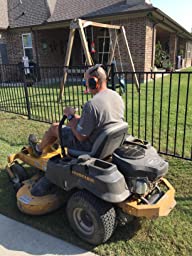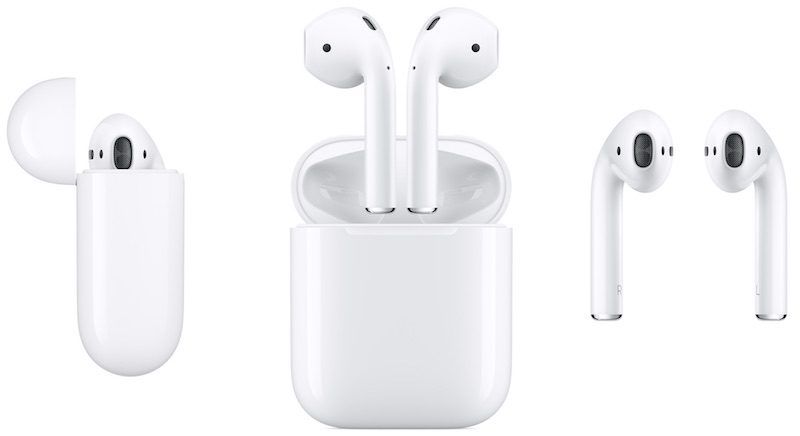Ear Health Dos And Don’ts
Last Updated on November 11, 2019 by Duncan
Millions of people suffer from ear infections every year. According to experts, most ear infections are a result of poor ear care. To help you out, here are some of the things you should and shouldn’t do to keep your ears in good health:
Ear health do’s
Keep your ears dry
After bathing or swimming, you should ensure that you dry your ears as much as you can. According to the Mirror, if you don’t dry your ears, you stand to suffer from the swimmer’s ear. T
his is a condition that results when water gets trapped in the ear canal, creating a moist environment for bacteria growth.
When drying the ears, you should avoid pushing the towel into them as you will trigger the condition to come about.
The best way of drying the ears is tilting your head gently on each side and allow the water to drain out. If you do this and the ears are still wet, consider using water-absorbing earplugs.
Avoid noisy environment
Did you know you can have noise-induced hearing loss from being exposed to too much noise?
For you to avoid damaging your ears, you should avoid noisy environments. If you can’t avoid them, always wear hearing protection. You can wear earplugs or headphones. Earplugs are easy to find and cheap, but many people complain that they aren’t comfortable to wear.
Earmuffs, on the other hand, are a little expensive but when you wear them correctly, they are very comfortable. In fact, you can wear them the entire day.
When listening to the radio, you should avoid listening to it at extremely high volumes. The best way out is to reduce the volume to a safe level, and you will be good to go.
Engage in exercises
Exercises not only keep you fit, but they also significantly contribute towards better ear health. Experts report that when you exercise, there is increased blood to the ears, which keeps the ears functioning optimally.
Have regular hearing screenings
You don’t need to have hearing screenings every week. Audiologists recommend that you have the screenings every ten years until you are 50 then every three years after. The good thing about the screenings is that in the event you are suffering from a condition, the doctors can easily manage it while it’s still early.
Ear health don’ts
Don’t use cotton buds to clean your ears
Most of us have been using cotton buds for years, mostly because we found other people using them. The habit of using the buds to poke around the inner ear can feel satisfying, but it puts you at great risk of damaging your ears.
When you use earbuds, you put yourself at the risk of pushing the wax deep in the ear canal, thus compacting the ear in the process. This puts you at the risk of hearing loss, vertigo, and tinnitus.
You should note that the ear is self-cleaning; thus, you should leave it alone. The only reason the ear will get seriously banged up is if you have an infection. When suffering from the condition, visit your doctor who will clear it using micro-suction or irrigation.
Although, not recommended, you should ask your pharmacist to recommend some chemical drops that can dissolve the wax.
Don’t smoke
Did you know 70% of smokers are more likely to suffer from hearing loss than non-smokers? If you want to protect your hearing, you should quit smoking. If you have the will, there are patches, pills, and other smoking aids that you can use to help you kick out the bad habit.
If you haven’t started smoking, why start it in the first place?
Don’t ignore symptoms
When the ears are having issues, it’s common for them to show some symptoms. For example, you might feel some pain. You also might have problems hearing what other people are saying.
You shouldn’t ignore these symptoms with the hope they will go away. The best way out is to visit an ear doctor in the shortest time possible. The doctor will diagnose the condition and recommend the best treatment method.


